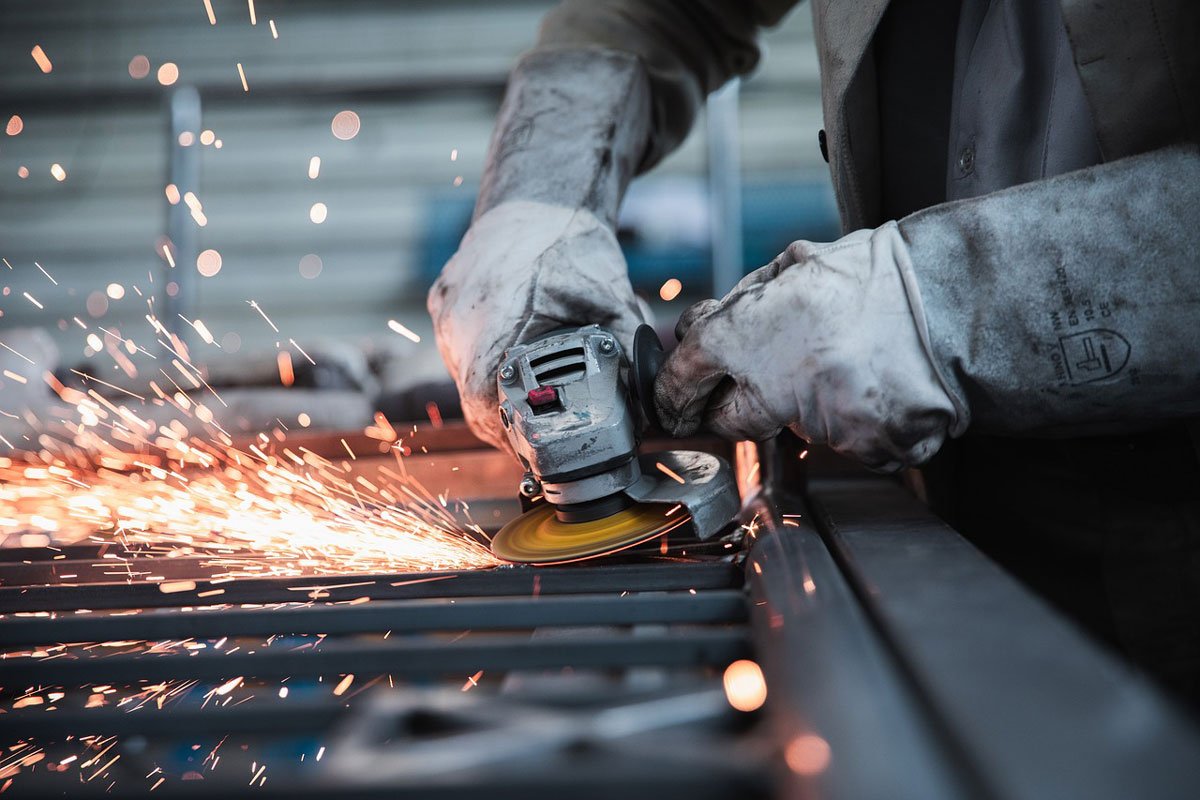Why Employee Mental Health Is a Key Factor for Manufacturing Safety
According to The National Association of Manufacturers, “The manufacturing sector employed 12.88 million workers in September 2022.” Manufacturing positions are some of the most demanding, not just physically but mentally too. When manufacturing employees aren’t mentally well, it can affect the entire operation. Employee safety, well-being, and productivity are just a few things at stake when the mental health and physical health of employees isn’t a priority in manufacturing.
So, as more and more people fill manufacturing roles, it’s even more critical to prioritize mental health in these workplaces. In more detail, let’s explore why mental health matters for factory workers.
Mentally Well Employees Work Better Together
One of the most essential qualities in a well-oiled manufacturing unit is teamwork and when employees’ mental health suffers as a whole, so will their collaboration skills.
On the other hand, when manufacturing employees have strong mental health, they’re more willing to form genuine relationships with their coworkers, thus enabling better communication and teamwork.
Even if you start with a small group of employees by offering resources and mental health support, this may affect more teams and units. Performance is like a contagious virus. When one person or team does well, eventually so will others. Therefore, even small efforts in mental health support will make big differences in your manufacturing team’s collaborative efforts.
It’s Essential for Employee Safety
One of the most significant reasons employee mental health matters is safety. From operating heavy machinery to working with hazardous materials to driving industrial vehicles, manufacturing workplaces are home to many potential safety hazards.
When an employee’s mental health isn’t intact, there’s a massive opportunity for error. Employees will make mistakes that threaten the safety of themselves and their coworkers when they cannot focus on the above tasks and work in a calm, poised manner.
Not only does poor mental health threaten your employees’ physical safety, but it can also lead to insider threats. All it takes is one unfocused employee to miss a cybersecurity threat or give out confidential information to the wrong person to take down an entire manufacturing plant.
Supporting your employees’ mental health will ensure they can give their undivided attention to every task and complete it in the safest way possible.
Mental Health of Employees Factors Into Productivity
As mentioned above, manufacturing positions can be incredibly exhausting. If employees aren’t prepared for the physical work and stress, they’ll burn out. And when their minds and bodies are drained in this way, they surely won’t meet productivity expectations.
The most engaged, enthusiastic, and efficient manufacturing employees are usually those with a healthy body, mind, and emotional state. So, nurturing employee mental health is a must.
Mental and Physical Health are Connected
There’s no denying the link between mental and physical health. When a person’s mental health suffers, it can lead to poor physical health and unhealthy behaviours. For example, depression’s been linked to chronic illnesses like diabetes and asthma. Mental health conditions can also disrupt sleep and prompt unhealthy habits like smoking.
By the same token, when someone has a physical health condition, it can exacerbate mental health challenges. For instance, exercise has been proven to reduce stress, anxiety, and depression.
A physical health condition like obesity may prevent someone from exercising as they should. So, if they live with both obesity and, say, anxiety, there’s a good chance they aren’t getting the physical activity they need, and their anxiety is worsening because of it.
When your employees have poor mental and physical health, you may start to see a downturn in their performance. Since many manufacturing positions require employees to be physically able-bodied in some manner, this may be a concern to manufacturing employers. Thus, it’s within their prerogative to do all they can to make sure their employees’ physical and mental health stays in tip-top shape.
Prioritizing Mental Health Helps With Work-Life Balance
Many manufacturing positions don’t leave a whole lot of room for a personal life. Long shifts that change frequently, unrealistic production goals, and pressure from higher-ups force most factory workers into making their work their whole life.
However, a lack of work-life balance is one of the worst things for your mental health. Your employees need to be able to socialize, engage with their families, and pursue personal passions if you want them to be as mentally well and productive as they can be.
So, allow them the space to create a full personal life and incorporate more acts of self-care into their daily routines to improve their mental health and ensure they come to work at their best.
Encouraging a healthy work-life balance also gives them time to attend therapy or work with a mental health professional regularly, should self-care and spending time with loved ones not be enough.
Also, employees will want to stay a lot longer when you prioritize their mental health.
Keep Employees Longer
Manufacturing is one of the most stressful industries to work in. And that stress can worsen mental health challenges. Unfortunately, stress and mental health struggles don’t occur in a vacuum in the manufacturing industry either. According to a Fisher Phillips Flash Survey, “41% of manufacturing employers say that mental health challenges have negatively impacted employee retention efforts in the past two years.”
Since this is such a system-wide problem, it’s important to offer resources and support for your employees’ mental health in this high-stress workplace. Otherwise, they will eventually leave. There’s only so much someone’s mind and body can take.
Conclusion
Supporting your employees’ mental health is critical for safety in manufacturing workplaces. It’s also crucial in keeping your employees productive, collaborative, physically strong, willing to stay long-term, and immersed in a healthy work-life balance. So, do what’s necessary to ensure your workers get the resources they need to nurture their mental health.





